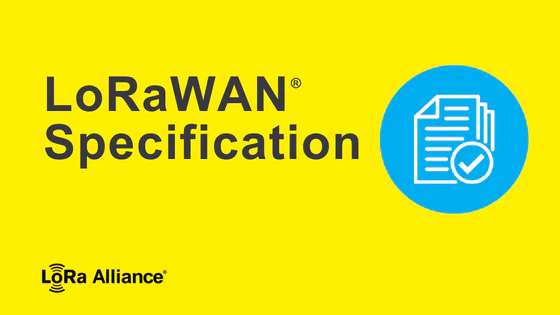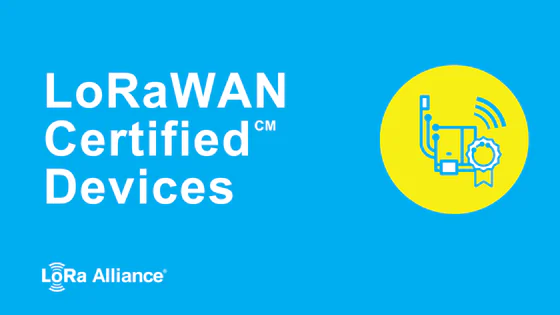LoRaWAN CertifiedCM
Why Certify?
There are several reasons why it is beneficial to require certification for LoRaWAN devices:
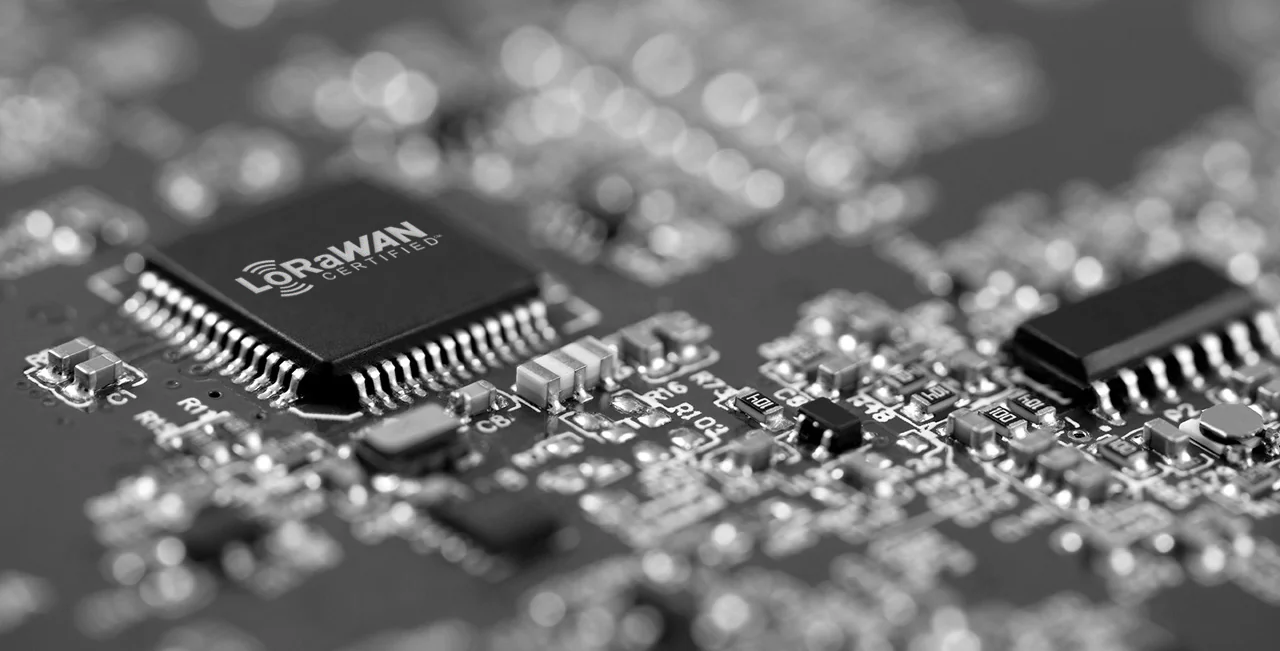
How to Certify Your Device
Only Members of the LoRa Alliance can certify devices.
There are two possible paths to LoRaWAN Certification. You can choose to use a third-party Authorized Test Lab, or certify in-house using the Self Test program.
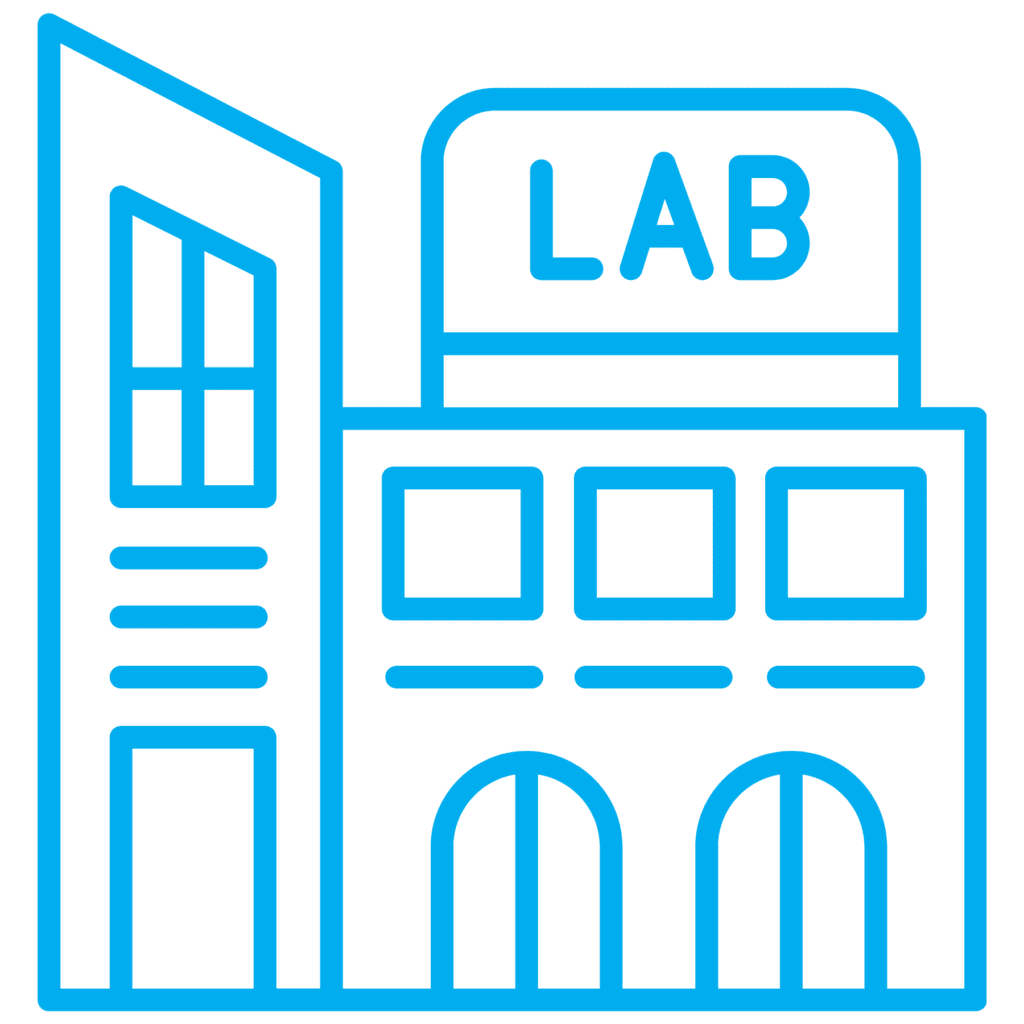
Authorized Test Lab
An Authorized Test Lab (ATL) is a third-party testing lab that can perform LoRaWAN Device Certification testing at their location.
Why choose an ATL?
- Cost of third party testing is within your budget
- Your team does not have the bandwidth
- ATLs have the experience to help you debug your design.

Self Testing
Using the LoRaWAN Certification Testing program, your engineers can perform LoRaWAN Device Certification testing in your own facility.
Why choose Self Test?
- Your team has the skillset to perform self testing
- You have the bandwidth and resources on staff to manage self testing
- Reduce time to market

Authorized Test Lab

Self Test
Explore LoRaWAN® Certification
Learn more about the LoRaWAN Certification program and how to get started.
Certify by Similarity
Ensuring Success of Your LoRaWAN Deployment
Getting Started with the LCTT Tool
What Can Be Certified
Today, the LoRa Alliance certifies LoRaWAN end-nodes that are compliant with LoRaWAN standards. The LoRa Alliance is aggressively working to bring additional, value-added certification programs to its members. Providing Certification of LoRaWAN features above Layer 2 are regularly being deployed. Features like SCHC, FUOTA and RELAY are already available.

More questions?
Please see frequently asked questions and answers below.
LoRaWAN (Long Range Wide Area Network) certification is a process that ensures end devices comply with the technical specifications established by the LoRa Alliance. This certification helps ensure devices are interoperable, secure, and can communicate effectively within a LoRaWAN network.
Certification is crucial because it assures users that the device will function correctly within a LoRaWAN network. It simplifies the integration of devices from different manufacturers, minimizes compatibility issues, promotes best practices, and adds credibility to the product in the market.
- Pre-Certification Assessment: A preliminary evaluation of the end-device to identify potential issues.
- Testing: Comprehensive testing in an authorized test lab or by self-testing according to the LoRaWAN certification test plan.
- Submission of Documentation: Providing necessary documentation regarding design, performance, and compliance.
- Certification Decision: Following successful testing and review, a certification decision is made.
- Issuance of Certification: A certificate is issued, allowing the end-device to be labeled as LoRaWAN certified.
Pre-certification testing with the LCTT conveniently takes place at the OEM’s facility. See below for details.
Self-testing would take place at the OEM’s facility.
Should you choose to use a LoRa Alliance Authorized Test Lab, that would take place at that lab’s facility. Each ATL selected by the LoRa Alliance has met the requirements for ISO/IEC10725 and is recognized by international accreditation bodies.
Find your preferred Authorized Test Lab here.
The LCTT (LoRAWAN Certification Test Tool) was developed by the LoRa Alliance to automate
testing of LoRaWAN end devices. The LCTT is provided to members who wish to pre-test and
troubleshoot their devices prior to submitting them to an ATL for certification testing.
The LoRa Alliance offers the Self-Test program to those members who qualify. The Self-Test program allows those members who have been approved to test their own end-devices and submit the test results for certification.
Self-testing your end-device can speed up the certification process. It allows the manufacturer to correct issues and rapidly retest. Self-testing, of course, can save money by not having to pay an ATL to test their end-device.
However, ATL’s offer a great depth of experience testing LoRaWAN end-devices and are able to help members resolve issues they may experience during testing. ATL’s can also help to avoid issues which may prevent the certification of your end-device.
Members can find the most current information here.
The main requirements include:
- Compliance with the LoRaWAN specification documents.
- Proper implementation of security features.
- Interoperability with other network servers and gateways.
Yes. Only LoRa Alliance members can have their end-devices LoRaWAN certified. The LoRa Alliance offers several tiers of membership which would allow your company to certify their devices. Learn more about membership here.
The duration of the end-device certification process can vary based on several factors, including the complexity of the end-device, the responsiveness of the manufacturer in providing necessary documentation, and the availability of testing resources. On average, the process could take anywhere from 3 days to 2 weeks.
Costs can vary based on the test lab, the complexity of the end-device, and the scope of the testing required. Manufacturers should budget for test lab testing fees, certification fees, and potential re-testing of the device in the event issues are identified. If the LoRa Alliance member is authorized for self-testing and self-tests their end-device, the test lab fees would not apply. However, the certification fees assessed by the LoRa Alliance do still apply.
End Device Certification Fees
New or Certified by Similarity
→ When determining the certification fee for your end device, any device that supports and additional region for a previously certified device will be treated as if it is certified using the “Certified by Similarity” process.
→ Single devices which support AS923-1, AS923-2, AS923-3 and AS923-4 are considered one device for the purpose of assessing certification fees.
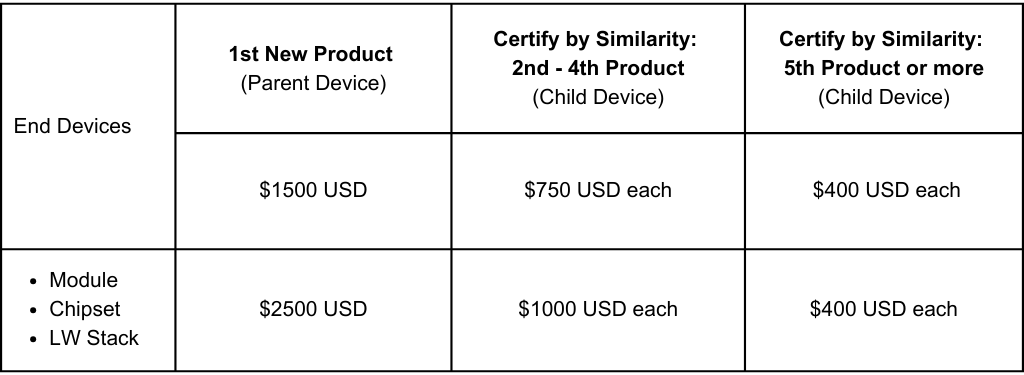
Yes, LoRaWAN certification does have a strict expiration date. LoRaWAN certification is good for a period of 3 years from the date of certification.
Yes, the LoRa Alliance Certification program provides a certification path for these and similar circumstances called Certified by Similarity or CbS. The rules for the program are described in the LoRaWAN Certification Program Management Document.
A device or module manufacturer who wishes to have its device certified based on similarity to an existing certified device should:
- Pre-test for LoRaWAN v1.0.4 certification: Products must pass the Certification-by-Similarity LCTT tests and Back-off mechanism LCTT tests. These tests can be performed at the member’s internal lab and the logs must be sent to the ATL prior to certification.
- Complete the Certification Questionnaire and complete the Certification-by-Similarity Declaration form (see Certification Resources tab).
- The ATL fees for Certification-by-Similarity are expected to be less than the fees for full product testing.
- False statements on the Certification-by-Similarity Declaration form will result in immediate withdrawal of device certification.
Cases for Certification-by-Similarity:
- Case 1 – Module Integration: the variant device to be certified embeds a LoRaWAN CertifiedCM module.
- Case 2 – Device Certification-by-Similarity: the variant device to be certified uses the same module as another LoRaWAN CertifiedCM device.
All LoRa Alliance member companies are allowed one free LCTT license per year. Each additional license can be purchased for a fee of $1000 USD per license. Please contact certify@lora-alliance.com for license purchasing information.
Yes, manufacturers can appeal a certification decision through the established procedures described within the LoRaWAN Certification Program Management Document.
The RF Performance of a device is critical for the successful deployment of LoRaWAN networks to maximize the use of the radio spectrum available to the device. New optional extended RF tests will provide a full 3D radiated power scan, and a sensitivity figure of the devices ability to receive LoRaWAN packets.
The ability to demonstrate a satisfactory level of RF performance is important as most operators require a minimum RF performance for the devices they allow onto their networks.
Public operators have experienced a large amount of issues with devices on both the LoRaWAN communication protocol (MAC layer) and the RF emission properties. These two aspects are crucial for a successful IoT application. Incompatibilities of the device with the LoRaWAN protocol could result in unwanted behavior on the network and inefficient energy management. Due to suboptimal antenna designs and sizes, insufficient RF emission power will cause the device to only use a small part of the network’s full coverage, causing the coverage to seem a lot worse than it really is.
To ensure adequate performance of a device on a LoRaWAN network, each network operator distributes their own device qualification trademark after testing the applied hardware. Currently a hardware manufacturer must follow separate approval procedures at every public operator to obtain these network specific qualification trademarks. Therefore, the public operators listed below have agreed to use a common qualification process to approve devices on their networks. This process clarifies what must be done for a device to perform on a public network. The decision to approve a device remains with each network operator itself.
Documents to hand in to your operator:
- LoRaWAN® Certification according to latest LoRaWAN 1.0.2, LoRaWAN 1.0.4 specification
- LoRaWAN® End Device Radiated RF Performance EU, LoRaWAN® 1.0.4 End Device RF Performance for All regions V1.0
- LoRaWAN® Certification Questionnaire
- LoRaWAN® EU Supplementary Device Info Questionnaire**
- Additional interoperability testing for some operators
Member Portal Links (Available to Members Only)
General resource documents for all regions and specifications:
- LoRaWAN® Certification Program Management and Development (PMD)
- LoRaWAN® Certification-by-Similarity Declaration v1.1
- GitHub link to reference code
LoRaWAN Specification 1.0.4 Resources:
Still need help?
For additional questions regarding the LCTT or the Certification process, please contact us. A member of the LoRa Alliance Certification Committee will be in touch.
